Maybe you’re a procrastinator, like me. Or you got distracted by Netflix’s Stranger Things. This is a judgement-free zone, and the good news is that not only do you still have a few weeks of summer left on the clock, but you’ve also got Labour Day weekend: that last taste of summer, which often surprises us with unruly weather (aka, a prime nose-in-book occasion). So we found a few end-of-summer reccos for you to get some bang for your book.
This season saw the release of three incredible first novels by a trio of young female writers. I mean, getting published is impressive, but being inundated by critical raves for your first novel is crazy impressive. Doing this all circa thirty years old? That’s some boss-ass shit.
Get inspired, girls and guys. And get reading.
Sweetbitter – Stephanie Danler
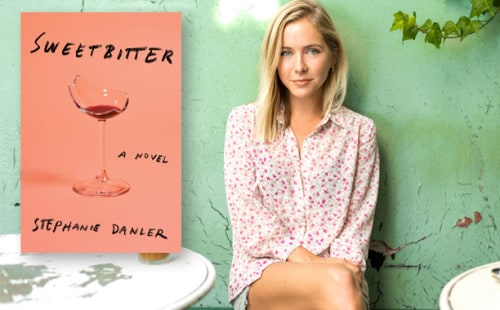
I literally couldn’t put this one down. If you’re an avid foodie, or wild about lyrical writing, or if you love New York, or you’ve ever been a server (especially in your early twenties), you must read this. You’ll wish you had Danler’s capacity and vocabulary to describe food, flavour and that perpetual twenty-two-year-old tightrope: the tipping point between pleasure and pain.
We don’t know too much about Tess when she lands in New York, but we recognize this is a character hungry for experience. Almost accidentally, she falls into the world of high-end hospitality (a landscape Danler herself navigated for years and is familiar to those among us who have polished cutlery at 1am before heading out to the Groundhog Day affair known as after-work drinks).
Tess’s infatuation for her world-wise trainer, a surrogate big sister, is matched by her attraction to the “treat ‘em mean, keep ‘em keen” bartender, a pair that has their own convoluted history. But my description of the love triangle does no justice to the rich storytelling of Danler’s poetic coming of age, where your friendships can be consuming, yet vapid, and the things you learn (in Tess’s case, rare ingredients, wine knowledge, heartbreak) stay with you forever.
The Homegoing – Yaa Gyasi
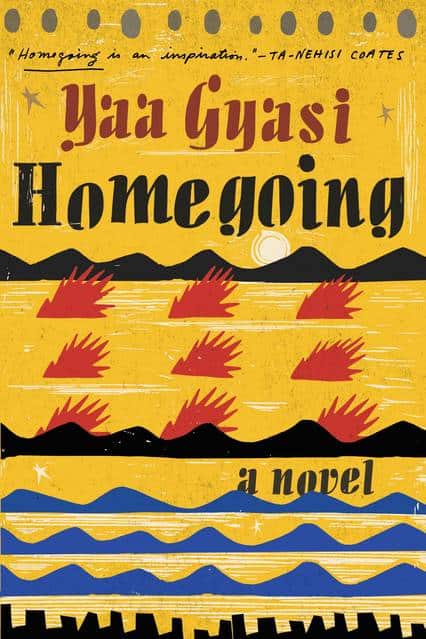
Yaa Gyasi’s multi-generational saga begins with two half-sisters in British-run Ghana. Effia, born to tribal royalty, marries an Englishman living in the Cape Coast Castle. Her unknown sister Esi is imprisoned beneath Effia’s extravagant rooms in devastating conditions in the West African slaving outpost. Effia gives birth to a son, and Esi is sent to the plantations of the American South.
Each chapter trips through the decades as the lineage of the Asante tribe evolves to modern Ghana and Harlem, New York. Along the way we encounter a rich cast of characters who are jerked from the story as quickly as we meet them, resigned to historical footnotes.
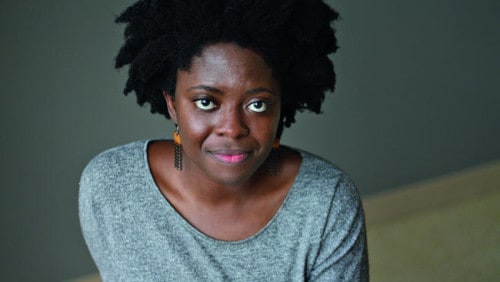
The multitudes of narratives that twenty-six-year-old Gyasi constrains to their own eras evokes rapt interest and then dismay at just how many (pardon the cliché) untold stories the egregious circumstances of Colonial rule and slavery created. But perhaps more unusually or interestingly, while chronicling these plots, Gyasi points a finger widely. Black, white, those guilty by association or by ignorance have as much to answer for in The Homegoing as the forces behind these abhorrent events. And while this undercurrent of blame is explored, this is not a dark novel. From jazz clubs to the Civil War, and tribal heritage to modern African studies, Gyasi’s debut is a consuming and captivating read. And with a cosign from Ta-Nehisi Coates, you really don’t need my recommendation to pick up Gyasi’s amazing debut.
The Girls – Emma Cline
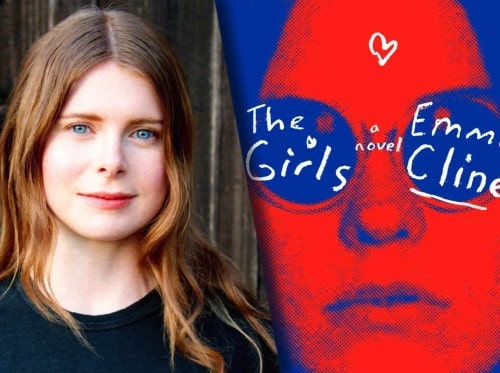
If books had blockbusters like movies did, this might be one of your summer tent-poles (except unlike the disappointing popcorn-fest that’s in cinemas this year, the calibre of this novel is actually amazing). Twenty-seven-year-old Emma Cline has stormed onto the literary scene transposing the relatable topics surrounding female adolescence onto the eerie tales of the Manson cult. And obviously, the film rights have already been optioned.
Evie Boyd is sheltered and bored, innocent both by dint of her age (fourteen) and because (despite the Quaaludes/ Valley of the Dolls era) we’re projecting a bit of yesteryear romanticism onto suburban California in 1969. A little social ostracization and a chance encounter puts her in the path of some homeless hippies. She is not initially drawn to the Manson character but is caught up in the magnetism of one of his acolytes, Suzanne. As the summer unfolds, Evie gets sucked into the cultish lifestyle, which Cline does not attempt to make seem attractive. It culminates with events inspired by the tragic and violent history we’re familiar with, though Evie’s role in them remains to be discovered.
While Cline’s plot is gripping, her success lies in creating a mood so perceptible it almost feels tangible. The summer heatwave. The parental frustrations. The older-girl crush. As we barrel through the book to the circumstances we know are coming, it almost seems plausible and worryingly relatable. While Evie recounts the events retroactively, we meet another young woman on a Bad. Path. Will she do better?


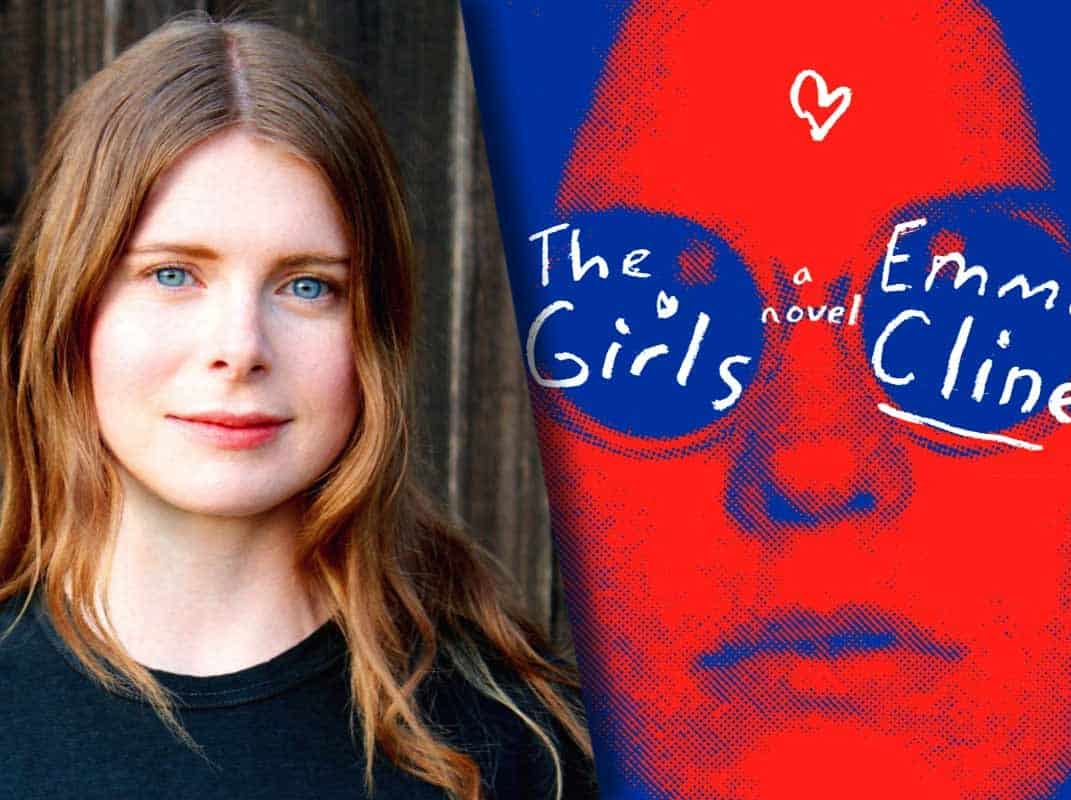
 Follow Us On Instagram
Follow Us On Instagram
